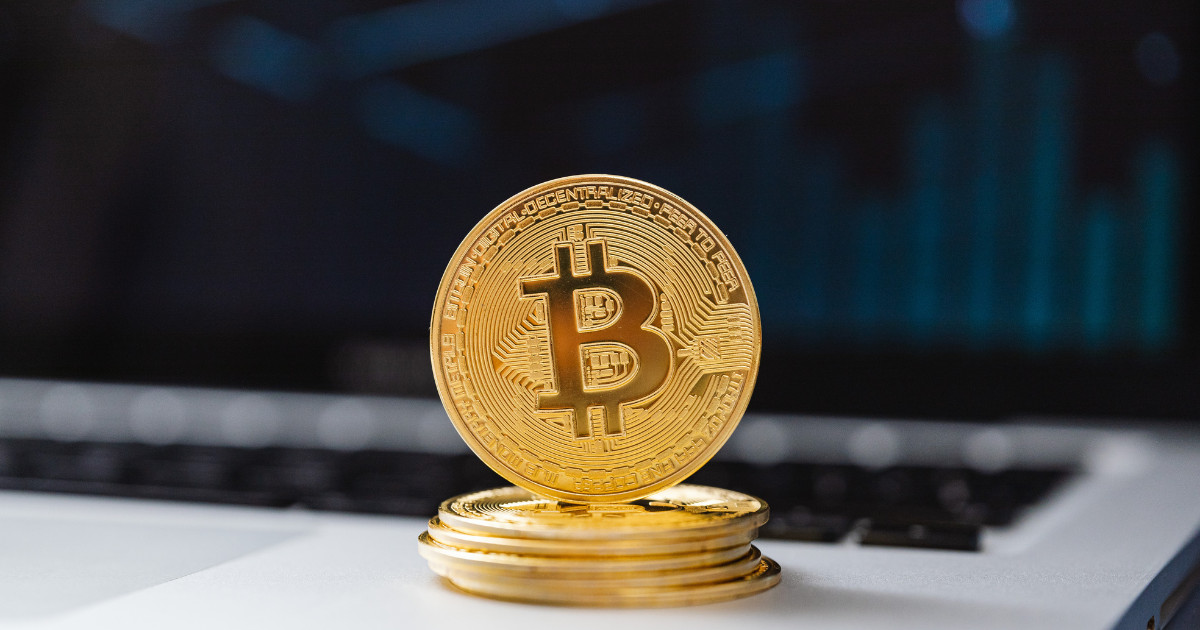Welcome to our Blog!
Bitcoin Reserve Bill Introduced in West Virginia
On the heels of the increasing adoption of digital assets, the state has introduced Senate Bill 465. This Bitcoin reserve bill would allow West Virginia to allocate up to 10% of its public funds into Bitcoin.
What is the Bitcoin Reserve Bill?
The Bitcoin reserve bill, also known as Senate Bill 465, is a groundbreaking piece of legislation that could potentially revolutionize the way states manage their public funds. If passed, West Virginia would become the first state to allocate a significant portion of its funds into Bitcoin, a popular digital currency.
Implications of the Bill
If the Bitcoin reserve bill is approved, it could have far-reaching implications for West Virginia and the cryptocurrency market as a whole. By investing in Bitcoin, the state could potentially see significant returns on its investment, as the value of the digital currency continues to rise.
Furthermore, the adoption of Bitcoin as a reserve asset by a state government could legitimize the cryptocurrency market and encourage other states to follow suit. This could lead to increased mainstream adoption of digital assets and further solidify Bitcoin’s position as a valuable investment vehicle.
Overall, the Bitcoin reserve bill represents a bold and innovative approach to managing public funds, and its success could pave the way for similar policies in other states.
How Will This Affect Me?
If you are a resident of West Virginia, the Bitcoin reserve bill could have a direct impact on your state’s economy and financial stability. By allocating public funds into Bitcoin, the state government is taking a calculated risk that could potentially pay off in the form of increased revenue and economic growth.
Furthermore, if Bitcoin’s value continues to rise, residents of West Virginia could see their tax dollars go even further, leading to potential benefits such as improved public services and infrastructure.
How Will This Affect the World?
The introduction of the Bitcoin reserve bill in West Virginia could have global implications for the cryptocurrency market and the broader financial sector. If successful, this groundbreaking legislation could inspire other states and countries to consider investing in Bitcoin as a reserve asset.
This increased institutional adoption of Bitcoin could lead to greater stability and liquidity in the cryptocurrency market, making it a more attractive investment option for individuals and institutions alike. Additionally, the legitimization of Bitcoin as a reserve asset by a state government could pave the way for wider acceptance and integration of digital currencies into the global financial system.
Conclusion
In conclusion, the Bitcoin reserve bill introduced in West Virginia has the potential to reshape the way states manage their public funds and could have significant implications for the cryptocurrency market as a whole. By taking this bold step towards investing in Bitcoin, West Virginia is setting a new precedent for financial innovation and paving the way for a more decentralized and digitized future.





